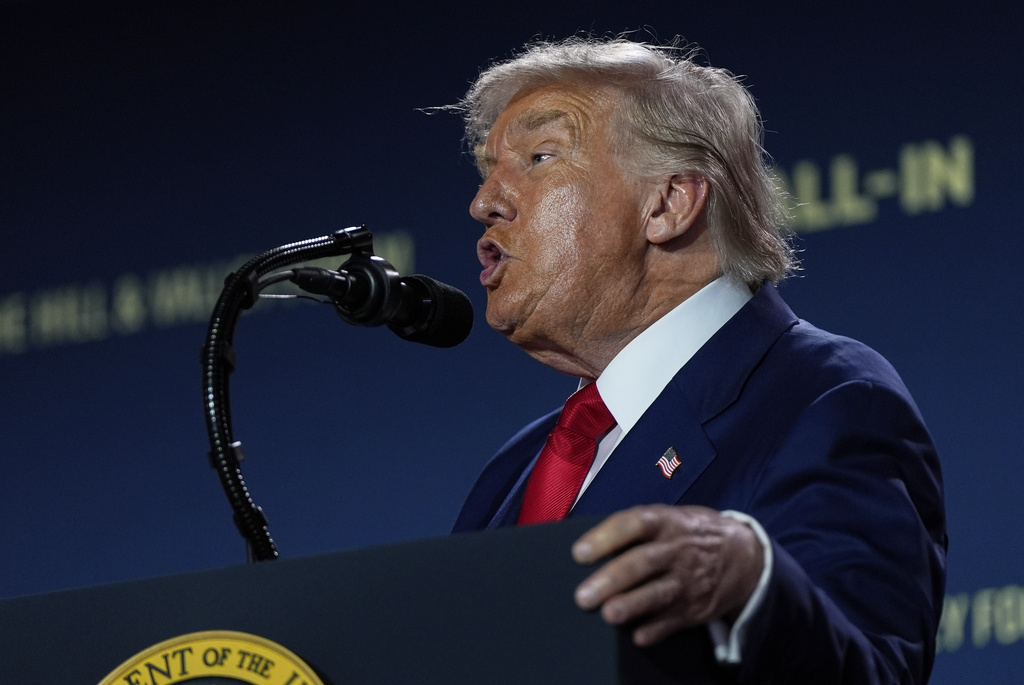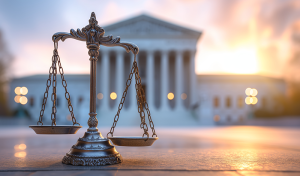Welcome to Our Research Archive
Search and filter by content type, issue area, author, and keyword
- ✕ Clear Filter
- AI (1)
- Article (3)
- Articles (947)
- book (1)
- Climate (228)
- climate change (1)
- data dashboard (14)
- electricity (3)
- energy (237)
- Events (25)
- op-ed (2)
- Podcast (3)
- Post (2)
- Puerto Rico (1)
- Report (2)
- Reports (16)
- science (79)
- science funding (10)
- science trust (10)
- technology (521)
- testimony (1)
- Working paper (1)

July 29, 2025
The Tea App Breach Shows Why We Can’t Regulate for Openness Without Planning for Security
Last week, a dating safety app called Tea Dating Advice—which allows women to anonymously share dating experiences to keep others safe—was a viral success. It had risen to the top of Apple’s App Store charts and had over 1.6 million users. Just as it appeared poised to become a major tool to advance digital safety,…

July 28, 2025
America’s AI Action Plan: What to Watch
The Trump administration’s AI Action Plan outlines bold steps to accelerate innovation and boost US leadership in AI. My recent post highlights some of the needed proposals to cut red tape, streamline permitting, and spur private-sector growth. Yet for all its ambition, the plan overlooks several high-stakes gaps—areas where evolving risks may require more proactive…

July 25, 2025
The AI Action Plan: Securing America’s Future in the Age of Intelligence
The White House released its 2025 AI Action Plan—a 28-page blueprint focused on securing US leadership in artificial intelligence. It’s an executive-led strategy with minimal reliance on Congress, emphasizing rapid deployment and national competitiveness. The plan is organized around three pillars: innovation, infrastructure, and international engagement. Each pillar underscores how AI is not just a…

July 24, 2025
Airline Security’s Best-Kept Secret
Salutations to Department of Homeland Security Secretary Kristi Noem for announcing earlier this month that people would no longer need to remove their shoes at security checkpoints in our nation’s airports. We should welcome exceptions to the generally rigid risk aversion in government-run airline security. And the really good news is that, formally or informally,…

July 23, 2025
How the AI Era Is Changing the Way We Learn and Work
As Artificial Intelligence (AI) rapidly transforms how we work, learn, and organize institutions, questions emerge about whether our current social structures can adopt AI and harness its full potential. From educational systems to workplaces struggling to integrate AI tools, the challenges lie in the structure. How do we redesign our approaches to teaching, learning, and…

July 23, 2025
Trump’s New AI Plan Is Necessary but Insufficient
My fellow pro-growth/progress/abundance Up Wingers, At minimum, the Trump White House’s new AI Action Plan deserves credit for being honest about what it is: not a blueprint for technocratic governance or navigating a world of superintelligence, but rather a stab at geostrategic competitiveness policy designed to ensure American dominance in what could be the defining technology of our time….

July 22, 2025
Europe’s Data Strategy Is Built on Wishful Thinking
The European Union is trying to engineer a digital revolution. Through its European Strategy for Data, EU officials hope to create a “single market for data,” knitting together governments, businesses, and individuals into a shared system of industrial and personal data. The goal is an innovative, sovereign digital ecosystem that can rival the United States…

July 21, 2025
Europe’s Grand Data Plan: Ambitious, Expansive, and Ill-Fated
The European Union is pursuing an ambitious digital policy project: create a unified data economy imbued with European values under European governance. Launched in 2020, the European Strategy for Data aims to build a “single European data space.” The integrated digital system would allow individuals, businesses, and governments to share vast troves of industrial, government, and personal…

July 11, 2025
Surprise! USF Decision Signals Admin Law Revolution, But Not the One We Expected
Late last month, the Supreme Court decided FCC v. Consumers Research. Although an undercard among the Court’s last-day decisions, the case was closely watched in administrative law circles as a potential vehicle for revitalizing the moribund Nondelegation Doctrine. But as predicted after oral argument, the Court found this was not the right case to do…

July 11, 2025
Common Law Evolution Is Not a Policy Proposal!
The outer edge of absurdity in the 1970s Monty Python sketch comedy show may have been “The Larch.” For no evident reason, the sketch retrains viewers on larch trees and the subject of larches. An interview with Pythons dressed as schoolboys goes into the larch question at some length, ending in a hard-to-hear introduction to…